Nine years later, Trespasser is still the best Dragon Age has ever been – and I can't imagine playing The Veilguard without it
Opinion | Solas’ big moment is locked away in an epilogue DLC, and it feels like required reading for what comes next
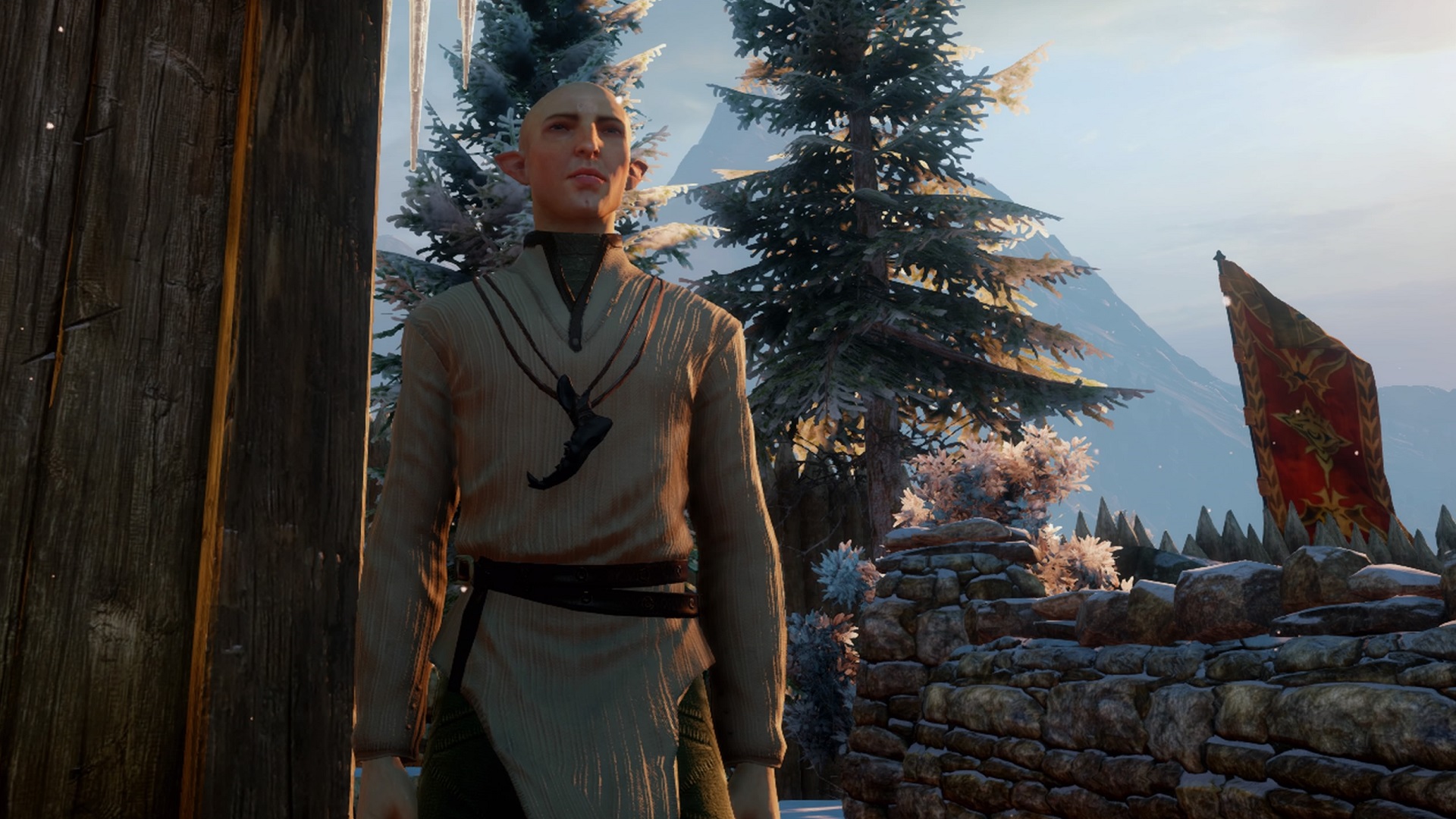
Dragon Age: Inquisition won multiple Game of the Year awards in 2014, but if you played it for the first time 10 years later, you might not know it. Inquisition is a fascinating microcosm of its place in video game history, a time when everything needed to be an open world in some way. What results is a game that shines in its moments of complex storytelling, but gets bogged down by needless fetch quests and open world design.
But perhaps what's even more fascinating is Inquisition's final DLC, Trespasser, which manages to be the absolute pinnacle of the entire franchise. It's a glorious encapsulation of everything the series does well, and one of the single most important pieces of story heading into the upcoming Dragon Age: The Veilguard. In fact, Trespasser feels so vital I have a hard time imagining anyone going into Veilguard without that vital context, but unfortunately, it's not the easiest thing to play.
Nobody expects the inquisition
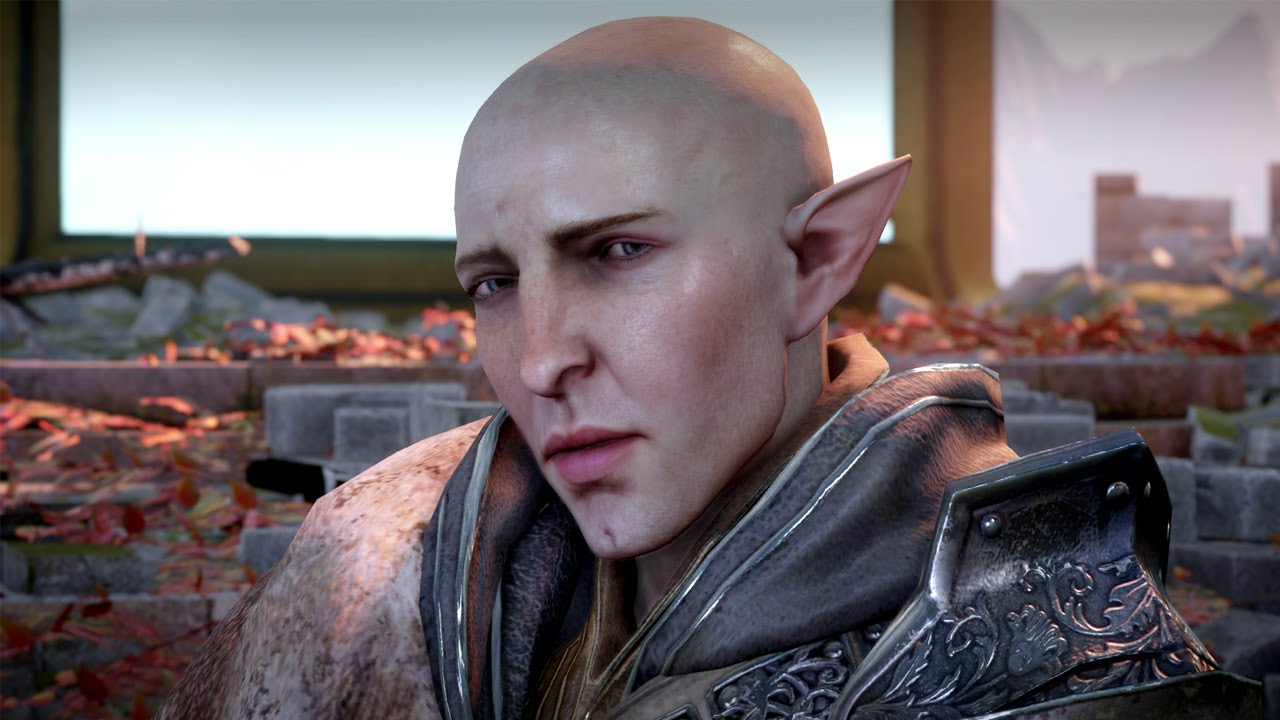
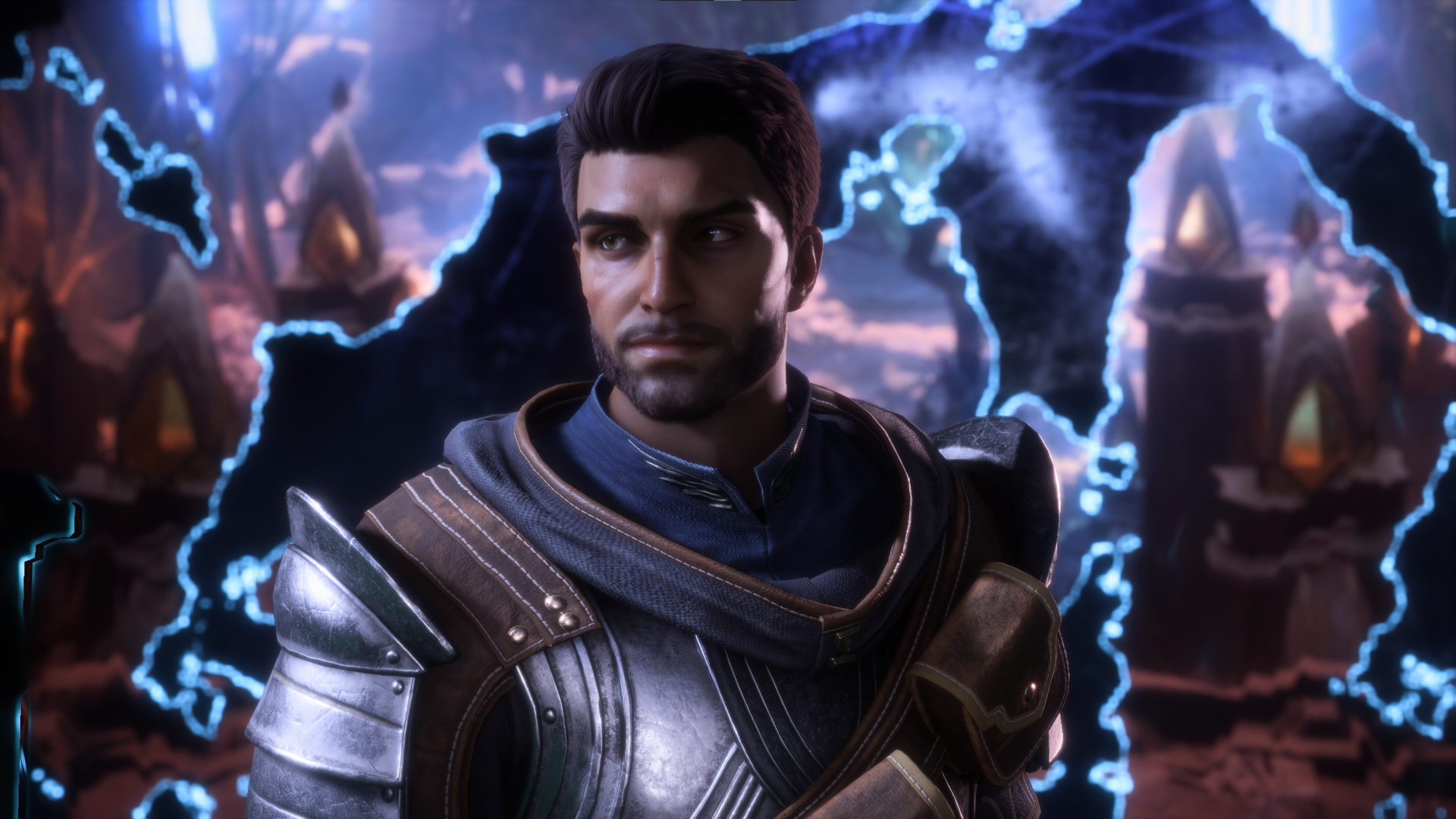
Our Dragon Age: The Veilguard preview includes over seven hours of playtime, along with interviews with the game's creative director
Originally released in September 2015, Trespasser functions as an epilogue to Inquisition, rather than its own standalone adventure. What this means, unfortunately, is that you can't play Trespasser until you've actually beaten Inquisition's main story.
It's a shame, because Trespasser is, by far, the single best piece of Inquisition. Set two years after the main game, you and all your friends have reconvened at Orlais' Winter Palace to attend a hearing deciding the fate of the Inquisition, now that the world-ending threat has been vanquished.
It's a smart setup that really lets BioWare lean into the strong characterization and writing of each party member – which is what the studio has always been best at. It's a fascinating look at how your choices as the player have shaped each companion and the world itself – are your friends happy to see you, or reluctant? So many of your choices, even small ones, are integrated into Trespasser, truly adding to the sense of a breathing world that's built around you.
Past that focus on party members, Trespasser has it all – a strong core mystery, big set-piece battles that challenge your team's tactics, exploration that yields extra lore and story details, and a real emotional gut-punch of a twist.
It feels like Trespasser looks at the Dragon Age trilogy and piecemeal extracts its best bits – the close-knit party member dynamics of Dragon Age 2, the pondering philosophical themes of if you can really change the world from Origins, and combat encounters that feel narratively meaningful like in Inquisition.
Weekly digests, tales from the communities you love, and more
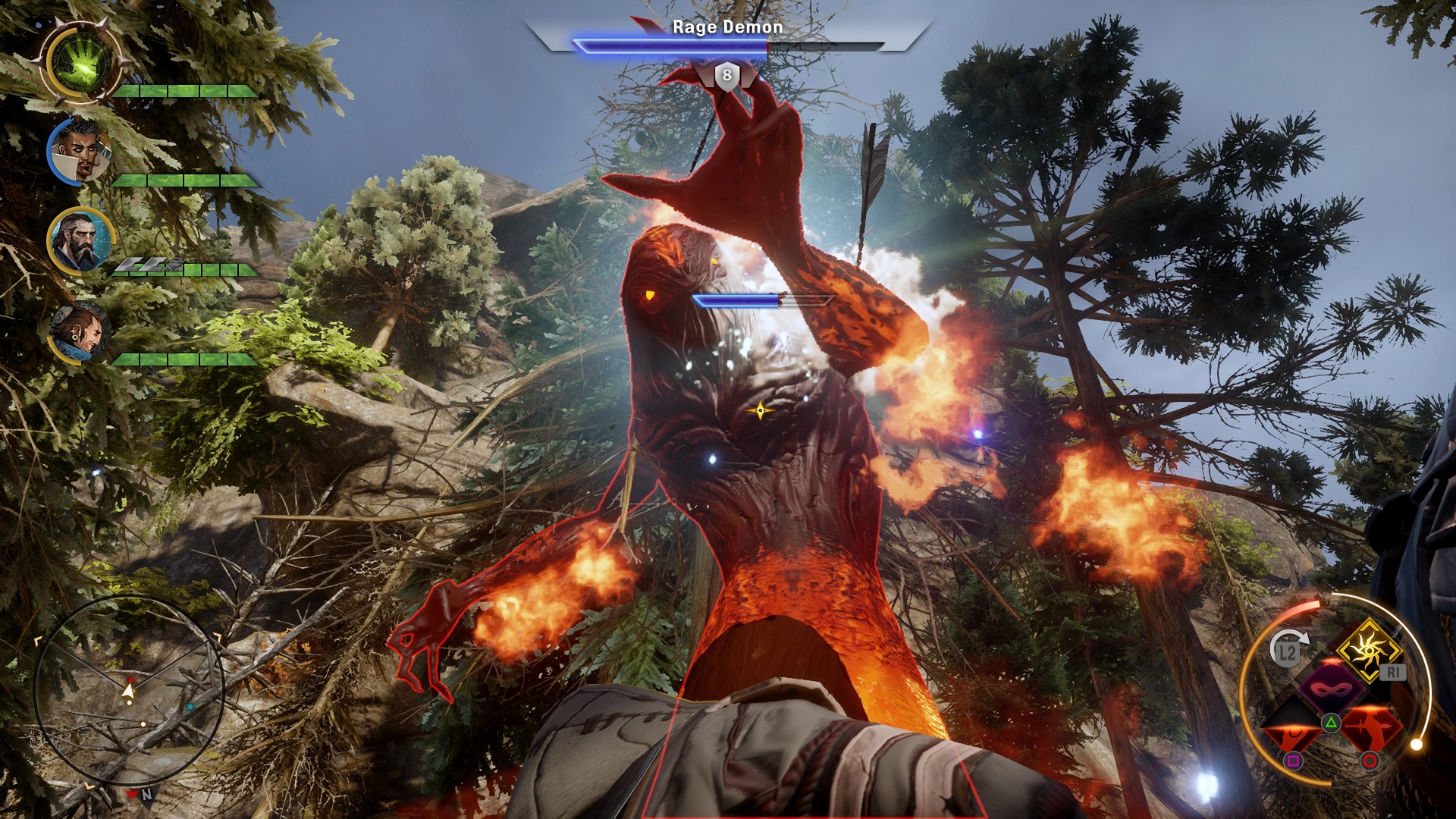
It's a rare confluence of winning elements that culminates in the final hour, with one of the most unforgettable video game twists ever. Trespasser revealed Solas' grand betrayal – one of your crucial party members turning out to be an ancient Elven god that's deceived you the whole time. At the time these were earth-shattering revelations for fans, completely shifting our understanding of the world of Dragon Age and where things might go next.
But what's problematic is how crucial the narrative context of your conversation with Solas feels. That final conversation with the elf is a harrowing experience, where both his emotions and the players are laid bare. Despite his grand plan Solas came to respect the Inquisitor, perhaps even love them depending on if you romanced him. Suddenly you're forced to see this character you love as a villain, and confront the fact that everything you knew from playing 80 hours has suddenly been pulled out from under you. A single chilling line encapsulates the emotional roller coaster of this scene, where the Inquisitor can ask Solas “You don't even see us as people, do you?
It's a brilliant twist that adds multiple layers to not only Solas, but how you interpret your entire mission as the Inquisition – right before you're forced to decide the organization's fate.
Those are some serious feelings to grapple with, and for many fans, myself included, that idea has hounded my thoughts of the series for a decade. Where do we go from here? Is Solas really at fault? Can I redeem him? Those are all thoughts that have bounced around my head all these years, and so close to Veilguard I still don't know how I feel about Solas.
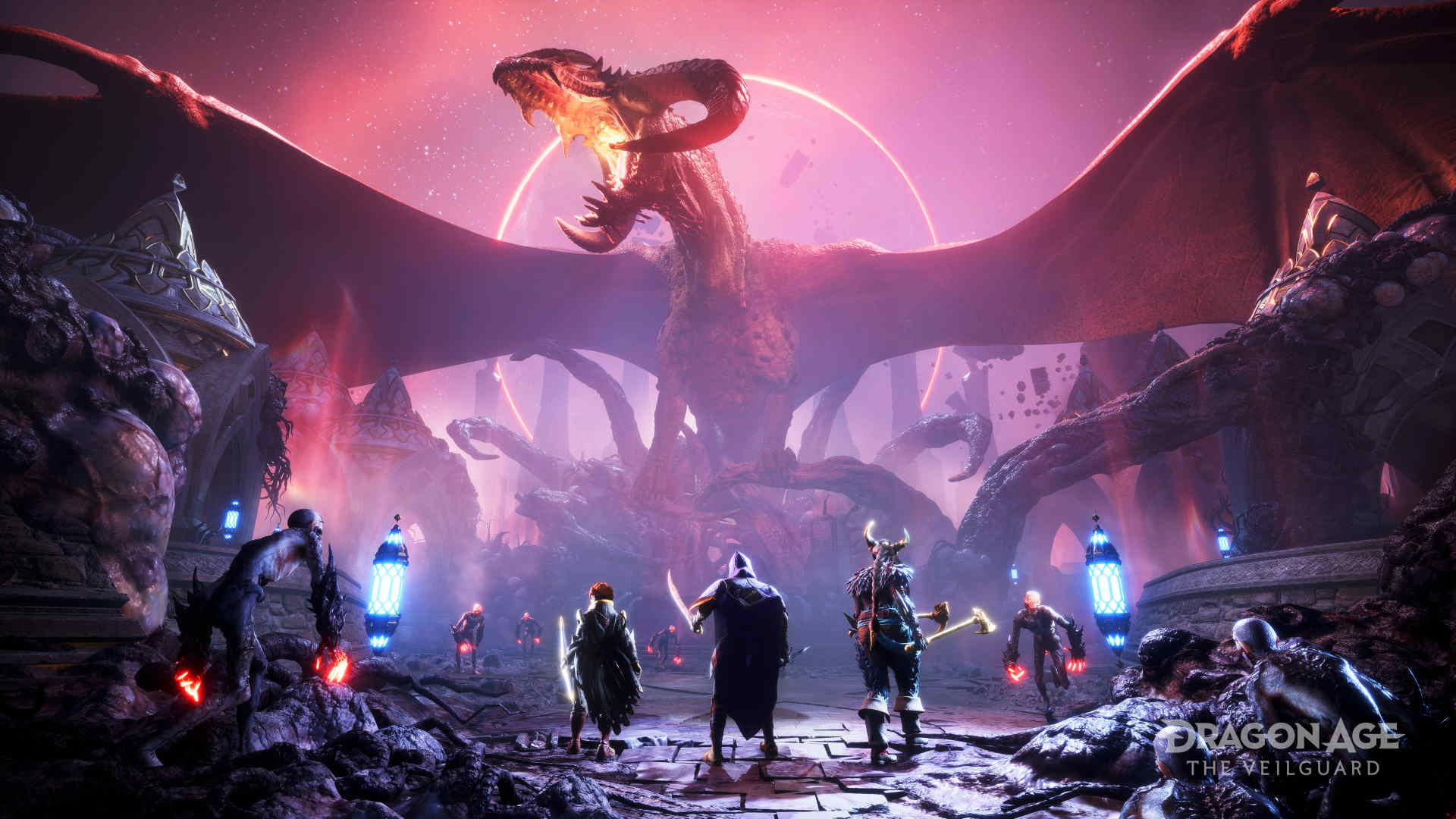
I can't imagine going into Veilguard without that context. How will someone's interpretation of the story be different if they aren't going in with those complicated feelings about Solas? It feels like that's crucial context, but there's no easy answer on how to fix that. Ten years is a long time, and that gap means Veilguard has the unenviable task of trying to satisfy both hardcore fans and newcomers.
Trespasser isn't easy to play, namely because you need to wade through a massive RPG to get to it. But it's also built on the core narrative and themes of Inquisition, so even if you could skip right to Trespasser, that might not be the right move either. Sure BioWare could create some kind of prologue primer or piece of media that recaps Trespasser, but would that have the same emotional impact?
More than anything, Solas's story and payoff feel like the biggest question marks plaguing Veilguard right now: can BioWare truly deliver on the grand emotional conflict it's set up? The events of Veilguard will undoubtedly mean more if you're going in with knowledge from Trespasser, so if you can play it, do it. But hopefully, BioWare has learned a vital lesson from making such a vital piece of story DLC, and can integrate Trespasser's emotional core into the entirety of Veilguard.
Before The Veilguard's launch, pass the time with the best RPGs you can play right now

Hayes Madsen has covered video games for nearly 15 years, with work appearing at Inverse, IGN, Rolling Stone, and more. Before writing about video games he worked as a local reporter in Denver, Colorado. When not working, he’s most likely regretting the decision to play every single RPG that releases.


